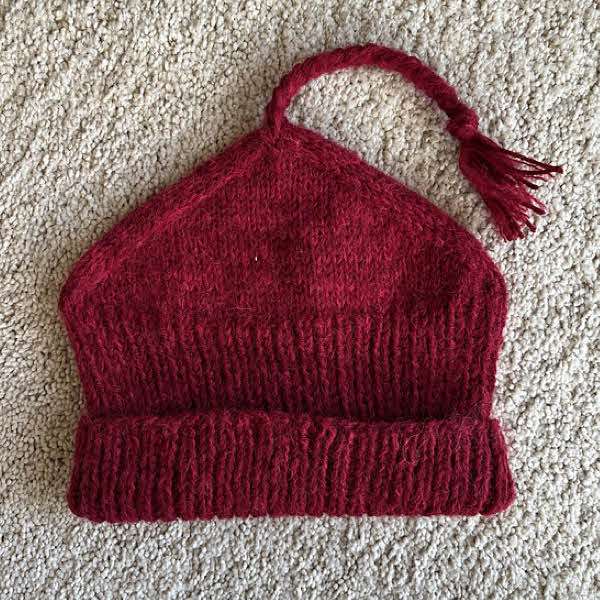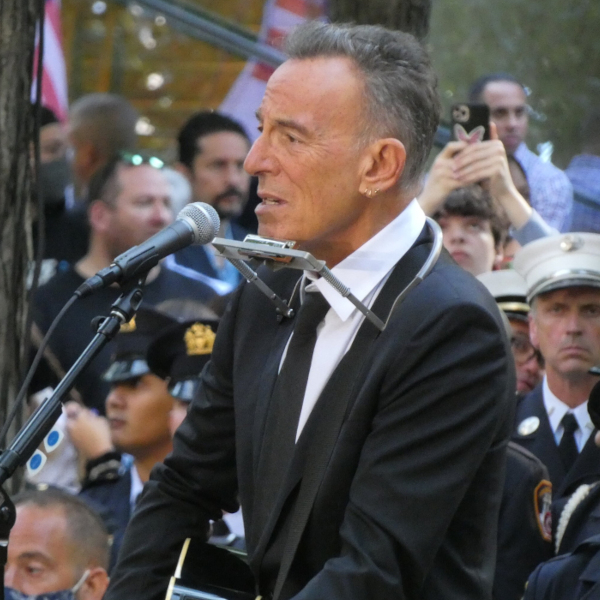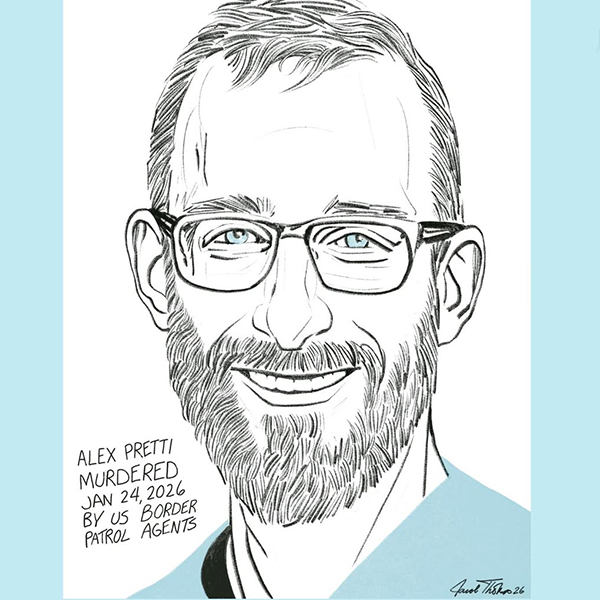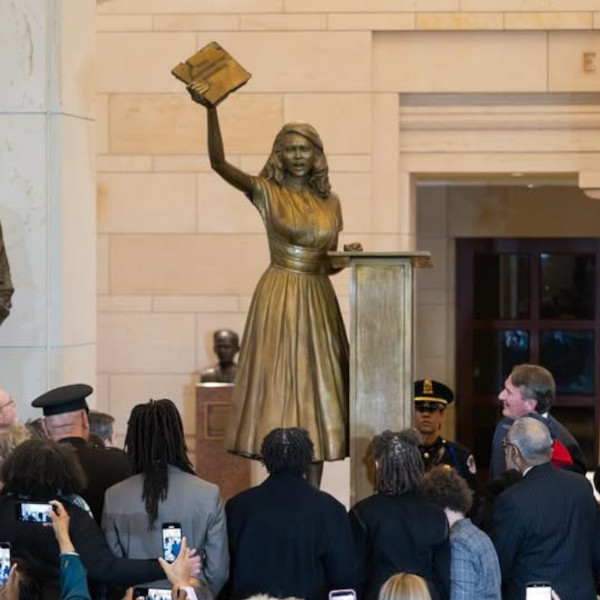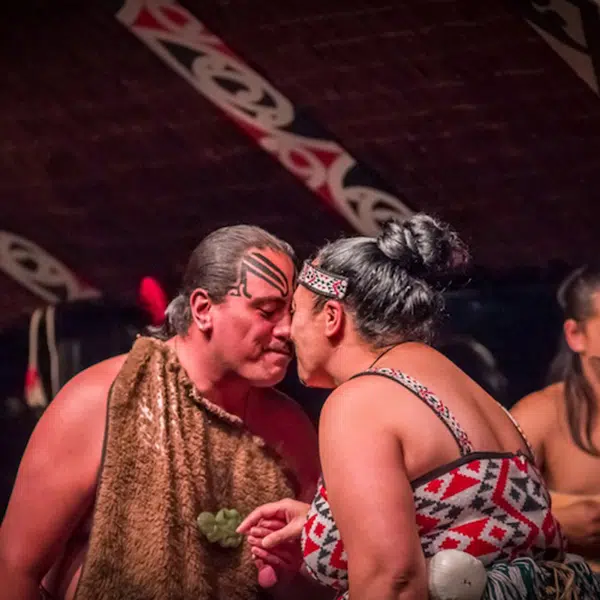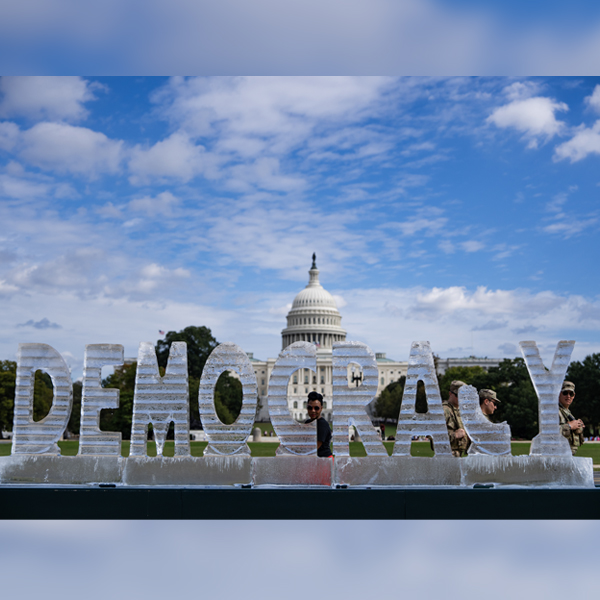Education is a basic human right, but many children around the world don't have access to it. Luckily for the young people of Zambia, things changed a few years ago. In 2021, the government made schooling free for everyone. Since then, hoards of new students have gladly taken the chance earn an education and flocked to the country's classrooms. But this has also come with its own set of challenges.
After the implementation, 2 million additional children joined the educational system, with many more signing up every day. The free education includes primary and secondary school, which includes seven years for primary school, two years for junior secondary, and three years for senior secondary.
According to UNICEF, more children are now in school than ever before, and completion rates have increased at all levels in Sub-Saharan Africa. However, nine out of 10 children are unable to read and they only understand a simple story by the age of 10. This has been a key fact when preparing schools for the uptick of new students, as a disproportionate student-to-teacher ratio can impact the quality of the education, especially for those from low-income families.
Despite the setbacks, this initiative has improved the outlook for many who would otherwise not be able to afford an education. “I stopped going to school in 2016 when I was in grade four,” 18-year-old Mariana Chirwa told the BBC. “Without free education, I don’t know how my parents would have managed to take me back to school. They don’t work and just stay at home.”
Since the change, classrooms designed for 30 students have seen over 100 pupils. Many students show up early to guarantee they'll get a desk and most have to share a book with six or seven other students. “When I started in 2019, I had about 40 students, but now it’s around 100 plus, and that is just in one class,” says teacher Cleopatra Zulu, who admits that talking one-on-one and even grading has become a challenge.
To combat this, the government has launched mass production of desks, with mass infrastructure-building taking place to help lighten the load. There are also worries that government expenditure is estimated to double should all eligible students take up the offer of free education. Despite this, officials believe in education being the best economic policy. “This is a good problem,” says Education Minister Douglas Syakalima. “I’d rather let the children be in a congested classroom than in the street.”
In 2021, the government of Zambia made schooling free for everyone. Since then, millions of new students have gladly taken the chance to learn and flocked to the country's classrooms.
Despite the setbacks—like overcrowded classrooms–this initiative has improved the outlook for many who would otherwise not be able to afford an education.
Watch Education Minister Douglas Syakalima talk about how schools are constantly having to build new desks to accommodate the influx of students.
h/t: [BBC]
Related Articles:
Malawi’s First Female Chief Dedicates Her Career to Ending Child Marriage
Zambian Woman Creates Gorgeous Outfits Inspired by Traditional African Clothing
South African Tour Guide Demonstrates How Click Sounds Work in the Zulu Language
African Street Style and Global Subcultures Celebrated in Retrospective Photography Exhibition











































































